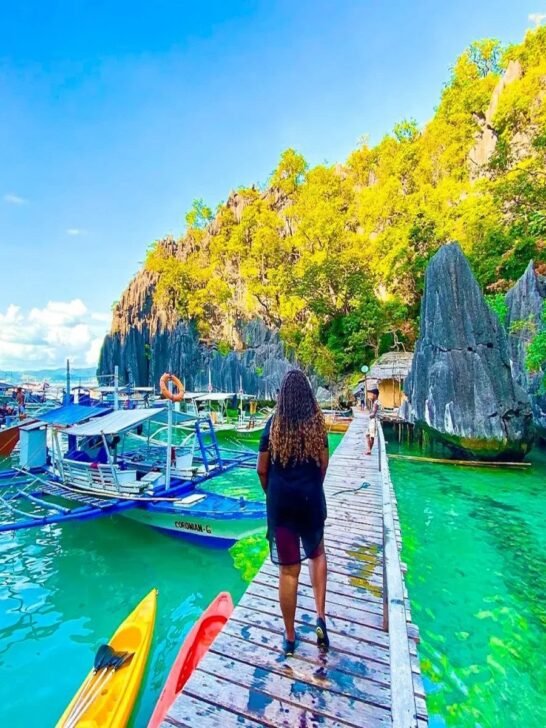Safety tips for solo travelers is one of the most rewarding and transformative experiences a person can undertake. It offers freedom, adventure, and an opportunity for self-discovery. However, with all its benefits, traveling alone also requires extra attention to safety. Whether you're venturing to a nearby city or across the world, being prepared and informed can help ensure your journey is both enjoyable and safe.
This blog will outline key safety tips for solo travelers to keep in mind as you explore new destinations with confidence. From preparation and awareness to practical advice on the road, these tips will help you minimize risks and enhance your travel experience.
1. Research Your Destination Thoroughly
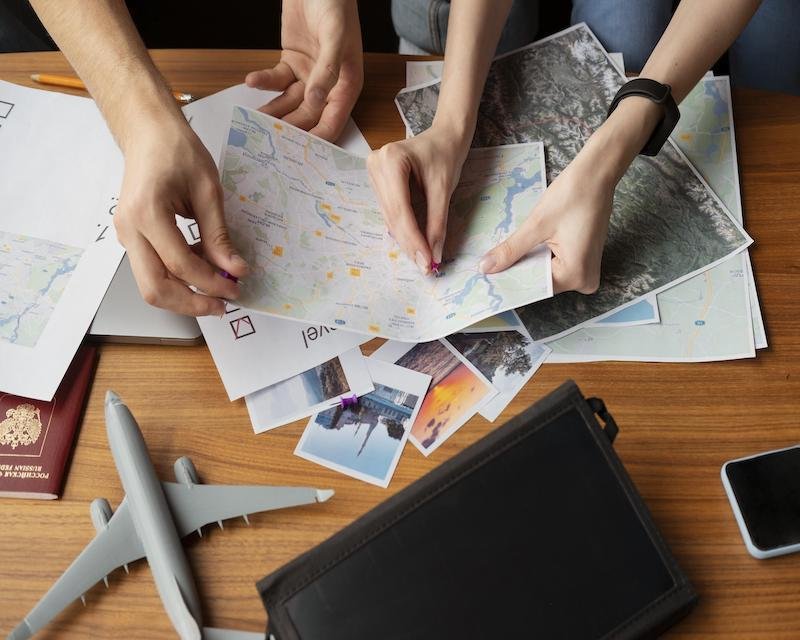
Before you even book your flight, research your destination. Understanding the local culture, customs, and any safety concerns can help you make informed decisions and avoid unnecessary risks.
What to research:
- Local Safety Issues: Learn about any areas that are considered unsafe, common scams, or tourist-targeted crimes in the region.
- Health Concerns: Check if there are any vaccinations or medical precautions you need to take.
- Cultural Norms: Understanding local customs, dress codes, and social expectations can help you avoid drawing unwanted attention and show respect for local traditions.
- Local Emergency Contacts: Familiarize yourself with emergency services, such as the local police, hospitals, and your country's embassy or consulate.
Taking the time to gather this information before you leave will not only make you feel more secure, but it will also help you integrate more seamlessly into your destination.
2. Stay Connected with Family or Friends
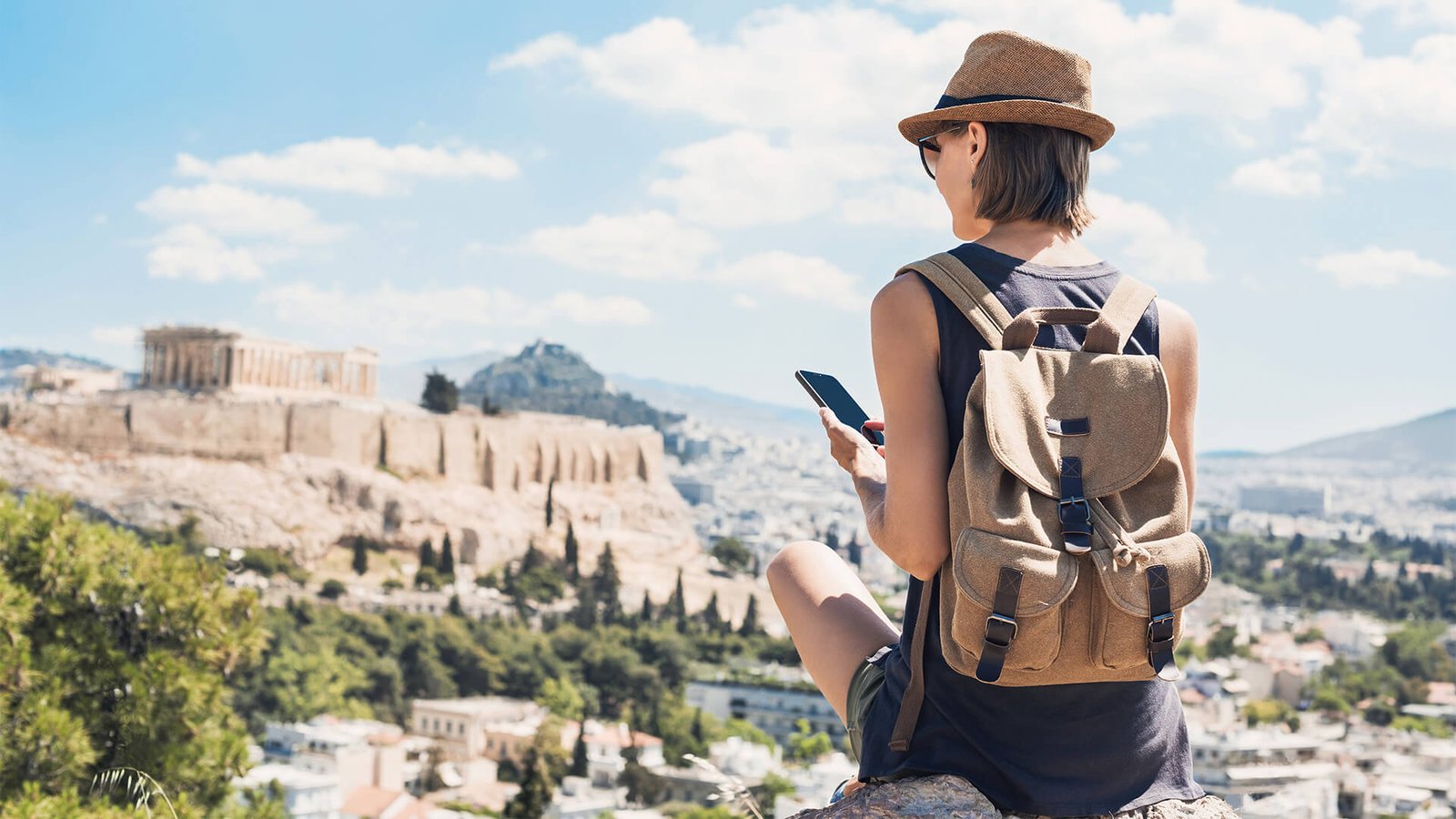
Communication is key when traveling alone. Letting someone know where you are and what you're up to can add an extra layer of safety.
Tips for staying connected:
- Share Your Itinerary: Share your travel plans, including your accommodations, transportation details, and any excursions or activities you have planned. Update your loved ones on any changes.
- Check-in Regularly: Set up check-in times with family or friends, especially if you're moving to different areas or cities. If your check-ins are missed or delayed, someone will be aware of your whereabouts and can take action if needed.
- Use Travel Apps: Apps like WhatsApp, Google Maps, or Find My Friends can help you stay in touch and track your movements in real-time.
In case of an emergency, having someone know your whereabouts can be incredibly helpful. It’s a simple but effective way to stay safe.
3. Choose Accommodation Carefully
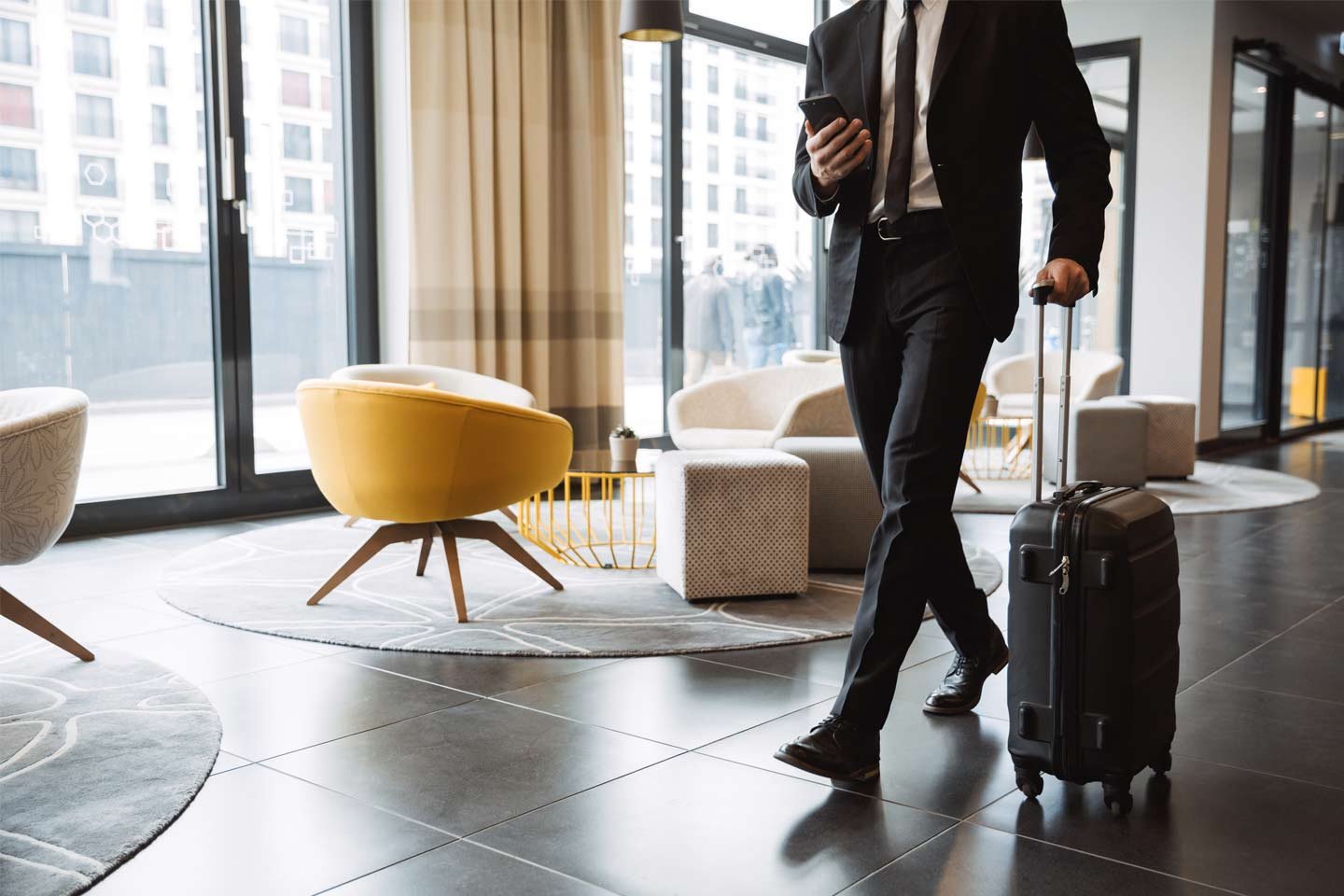
Where you stay can significantly impact your safety. Selecting the right accommodation is about finding a balance between convenience, security, and cost.
Accommodation tips:
- Prioritize Location: Choose accommodations in safe, well-lit, and easily accessible areas. Opt for places near public transportation and tourist-friendly neighborhoods.
- Check Reviews: Read reviews from other solo travelers to see if there are any safety concerns about the property or its surroundings.
- Safety Features: Look for hotels or hostels with good security features, such as 24-hour reception, secure locks, safes for valuables, and well-lit entrances.
- Consider Alternatives: If you're staying in a shared space (such as a hostel), look for ones with female-only dorms. This can provide a higher level of comfort and security.
Making an informed choice about your accommodation can provide peace of mind, allowing you to relax and enjoy your travels.
4. Blend In and Avoid Drawing Attention
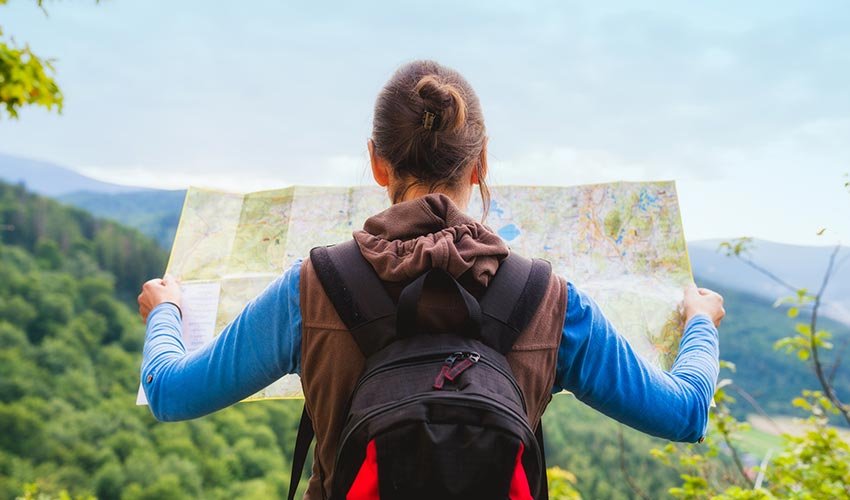
While you may want to stand out as a tourist to take in the sights, there are certain times when it's better to blend in to avoid potential danger.
Tips for blending in:
- Dress Like a Local: Research the local fashion and dress accordingly. Avoid flashy clothing or accessories that may make you a target for theft.
- Keep Valuables Concealed: Carry valuables like jewelry, expensive cameras, and electronics in less obvious places, such as a money belt or hidden pouch, rather than in plain sight.
- Be Mindful of Your Surroundings: Be cautious when you're using your phone or maps in public. Scrolling through your phone or looking lost can make you a target for pickpockets or scammers.
Being discreet about your status as a tourist reduces the likelihood of drawing unwanted attention from opportunistic criminals.
5. Trust Your Instincts

Your intuition is one of the best tools you have as a solo traveler. If something doesn’t feel right, trust your instincts and take action.
How to trust your instincts:
- Listen to Your Gut: If a situation or person makes you uncomfortable, remove yourself. This could mean leaving an area, declining an offer, or avoiding a particular route.
- Change Plans if Needed: If you're uncomfortable with your current situation, it's okay to adjust your plans. Trust that it's better to be safe than sorry.
- Recognize Red Flags: Be aware of common signs that a situation may not be safe, such as being approached by overly friendly strangers, aggressive salespeople, or others trying to pressure you into something.
Your intuition is often a reflection of subtle cues you pick up on unconsciously, so don't dismiss that feeling of discomfort.
6. Keep Copies of Important Documents
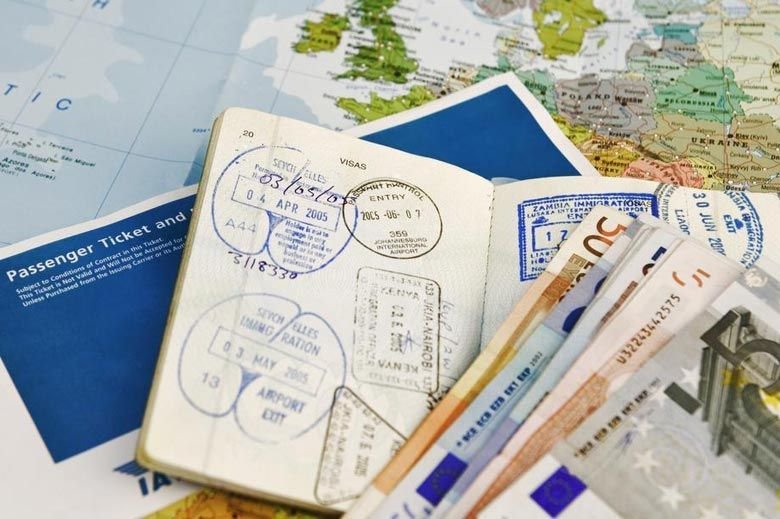
Losing your passport, travel insurance, or other important documents can be a major setback, especially when you're traveling solo. Keeping copies of these documents can save you time and trouble in case they are lost or stolen.
Document safety tips:
- Make Digital Copies: Take photos or scan your passport, visa, travel insurance, and any important documents. Store them securely in a cloud service, so you can access them if needed.
- Keep Physical Copies Separate: Have a set of printed copies of your important documents in a separate location from the originals (for example, in a different bag or locked in a hotel safe).
Having copies of your documents ensures you have a backup in case of an emergency and speeds up the process of replacing lost items.
7. Stay Aware of Scams and Common Travel Threats

Scams targeting solo travelers, especially women, are unfortunately common. It’s important to be aware of the types of scams that can occur and how to avoid them.
Common travel scams to be aware of:
- Overpriced Taxis: Always agree on a fare before you get into a taxi, or better yet, use ride-sharing apps like Uber or Lyft for more transparency.
- Fake Police Officers: Be cautious if someone claims to be a police officer and asks to check your documents or belongings. Politely refuse and walk away if you feel something isn’t right.
- "Friendly" Strangers: Some people may approach you with offers of free tours, gifts, or other temptations that can quickly turn into scams. Be cautious about accepting unsolicited offers.
Educating yourself about common scams can help you identify potential risks before they escalate.
8. Pack Light and Smart
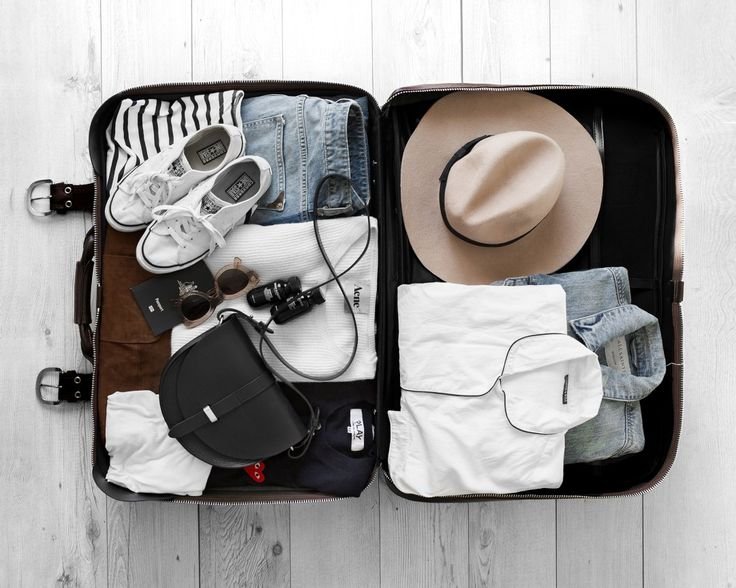
Traveling solo means you’ll be carrying your own luggage, so it’s essential to pack wisely and avoid overloading yourself with items that could make you vulnerable.
Packing tips:
- Keep Valuables Minimal: Only bring what you need and avoid carrying excessive amounts of cash or valuables.
- Use Anti-Theft Bags: Consider investing in a bag with anti-theft features, such as lockable zippers or RFID-blocking pockets, to keep your belongings secure.
- Pack Essentials: Make sure you have a first-aid kit, a portable charger, and an emergency whistle, among other essentials.

